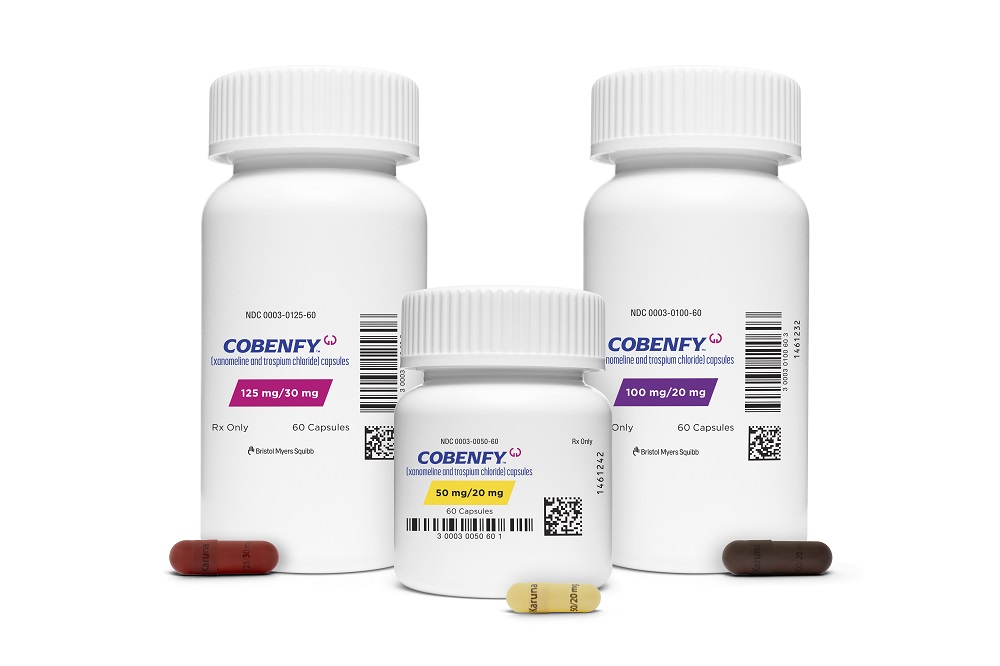PGxAI Unveils AI-Driven Genetic Tool to Personalize GLP-1 Treatment
What You Should Know: – PGxAI, a leader in AI-powered pharmacogenomics released a new report aimed at personalizing treatment regimens for patients taking semaglutide (commonly known by brand names Ozempic and Wegovy) and other widely used weight-management drugs. – Utilizing advanced artificial intelligence models, the report analyzes patient-specific genetic data to identify and quantify genetic ... Read More


What You Should Know:
– PGxAI, a leader in AI-powered pharmacogenomics released a new report aimed at personalizing treatment regimens for patients taking semaglutide (commonly known by brand names Ozempic and Wegovy) and other widely used weight-management drugs.
– Utilizing advanced artificial intelligence models, the report analyzes patient-specific genetic data to identify and quantify genetic variants that impact drug efficacy and safety, finding that up to a third of patients on semaglutide may be at increased genetic risk for adverse effects.
Addressing Genetic Risks in Popular Weight-Loss Drugs
Semaglutide, a GLP-1 receptor agonist, has gained prominence for its effectiveness in promoting weight loss and improving glycemic control. However, its use is associated with significant potential risks, including pancreatitis, gallbladder complications, kidney impairment, and possible thyroid tumors. PGxAI’s findings highlight a critical genetic component to these risks, suggesting that up to one-third of patients prescribed the drug may carry specific genetic variants that predispose them to such adverse reactions.
AI-Powered Genetic Insights for Safer Prescribing
The new PGxAI report leverages AI to rapidly correlate a patient’s genetic profile with established pharmacogenomic markers and the latest clinical evidence. This process pinpoints individuals who may be genetically inclined to experience complications from semaglutide and over ten other leading weight-management therapies, encompassing GLP-1s, dual incretins, and CNS-targeting drugs. “With nearly one in three patients potentially at increased risk, trial-and-error prescribing of Ozempic is no longer acceptable,” stated Dr. Mike Zack, PGxAI co-founder and CEO. “Our AI-driven report translates complex genetic data into clear clinical guidance… It empowers physicians to focus on patient care, evaluating a wider range of options while reducing the likelihood of serious adverse reactions.” This allows clinicians to proactively adjust dosages or consider safer alternative treatments when appropriate.
Transforming Personalized Prescribing into Clinical Reality
Historically, the detailed interpretation of a patient’s genetic data for pharmacogenomic insights could take weeks or even months, rendering it impractical for routine clinical application. PGxAI’s AI platform drastically reduces this turnaround time to minutes. Critically, through integrations facilitated by partnerships with companies like InterSystems (via its HealthShare platform), PGxAI delivers this actionable clinical decision support directly into physicians’ existing Electronic Health Record (EHR) and hospital workflows, enabling immediate implementation without disrupting care processes.
Precision Medicine at Scale for a Growing Public Health Need
The development comes amidst soaring rates of obesity – affecting nearly three-quarters of U.S. adults – and the mainstream adoption of GLP-1 medications, now prescribed to tens of millions. “For health systems, this isn’t just a tool for mitigating adverse events — it’s an on-ramp to precision prescribing at scale,” commented Allan Gobbs, PGxAI co-founder and Executive Chairman. Citing the $173 billion annual cost of obesity to the healthcare system, he emphasized, “we can’t afford one-size-fits-all. Wide adoption demands personalization.” PGxAI’s report offers a scalable solution to integrate genetic personalization into widespread prescribing practices.















































































































































